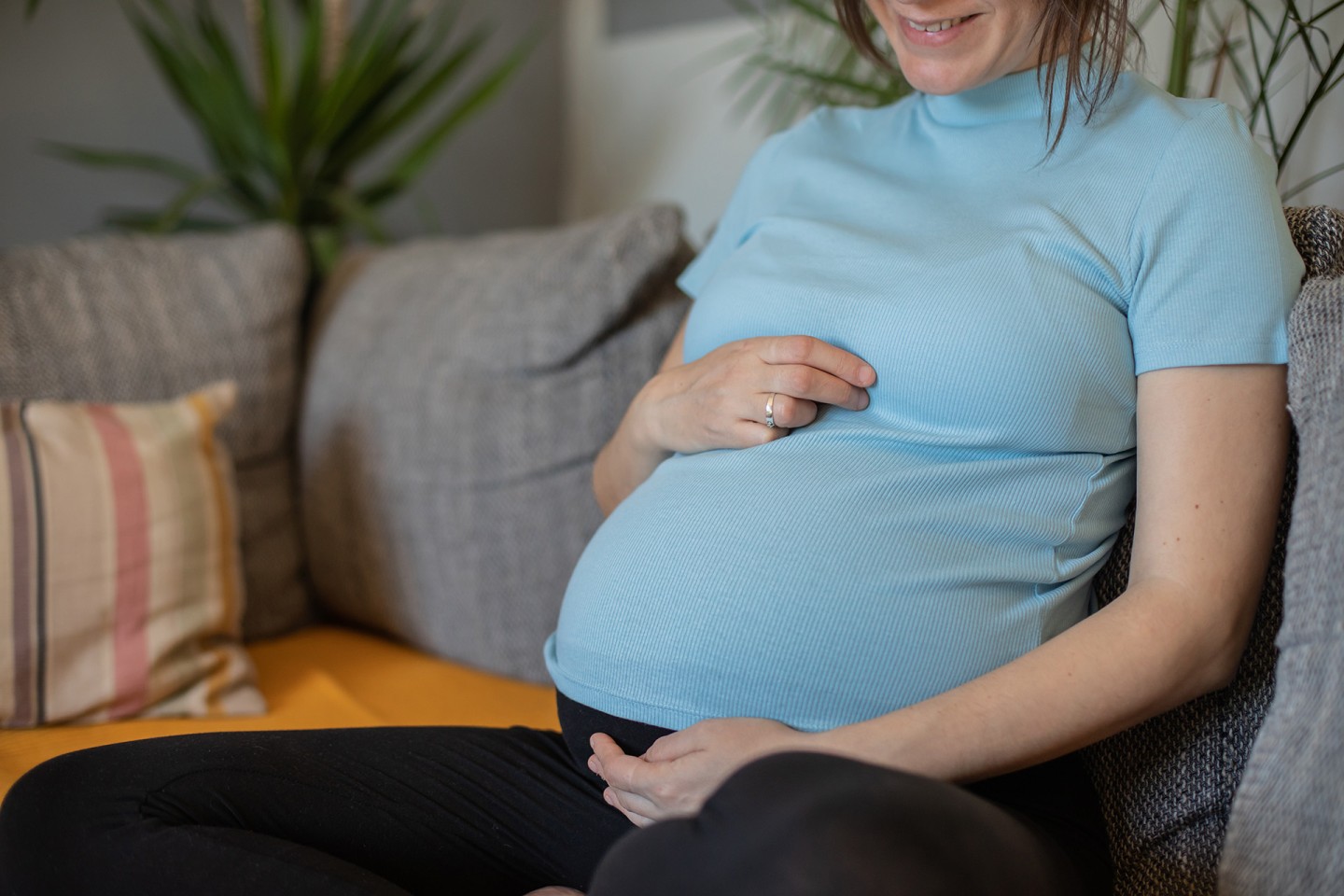Is it Safe to Treat a Yeast Infection During Pregnancy?
Vaginal yeast infections are common during pregnancy, particularly during the second trimester. A yeast infection is never pleasant, but during pregnancy it can also prove a source of unwelcome stress when you already have a lot to deal with.
Vaginal yeast infections
Yeast infections are caused by the Candida fungus, which normally lives in the vagina perfectly harmlessly, with its growth kept under control by harmless bacteria. But things like pregnancy, added stress, or taking antibiotics can cause the balance of bacteria in your vagina to change, allowing the fungus to grow out of control and cause a yeast infection.
You’ll usually know you have a yeast infection because you start to suffer vaginal itching and irritation, as well as redness and thick, white discharge (usually without any odor). You may also feel stinging or soreness when you urinate.
Urinary tract infections are also very common during pregnancy and can sometimes be easily confused with yeast infections. You can read our "Is It a UTI or a Yeast Infection?" article to find out how to know the difference. You can also use our Symptom Checker to help if you’re unsure about whether you have a yeast infection.
If you’re at all concerned, it’s always best to discuss your symptoms with a healthcare professional, especially during pregnancy.


Do you have a yeast infection?
Answer a few questions and find out what your symptoms mean.
How to safely treat a yeast infection while pregnant
Treating a yeast infection during pregnancy can be completely safe for both you and your baby, so long as you check with your doctor and choose the right method.
Usually, you have a choice between treatments applied directly to the vagina and oral treatments (i.e. pills). However, the FDA warns that during pregnancy, you should not take anything containing fluconazole, the active ingredient in a common prescription oral yeast infection medication. There are other prescription meds available that your doctor can recommend, as well as vaginal creams available at local stores and pharmacies.
Creams and ointments
7-day topical yeast infection treatments are the only kind of medication recommended for use during pregnancy by the CDC (Centers for Disease Control and Prevention). Most of these creams or ointments are perfectly safe to use during pregnancy. As with all medications, be sure to read the instructions carefully and discuss with your doctor or OBGYN before using them. Talking to your doctor first is important for all pregnant women, especially if you have any other health conditions.
If your doctor does recommend Monistat, know that these 7-day topical treatments are very easy to use. You simply apply the cream directly to the affected area (inside the vagina) each day over a week. There are 7 applicators included with Monistat to make applying the cream easy.
Yeast infection creams are highly effective, as well as safe and simple to use. Monistat works four times faster to treat yeast infection symptoms than the leading prescription option. You could also try an itch relief cream to help you deal with the discomfort as the treatment gets to work.
What are the risks of not treating a yeast infection?
With so much else going on during pregnancy, it may be tempting to try to ignore the infection. However, as well as being potentially very uncomfortable, this could cause you more serious problems in the long term.
The risks of not treating a yeast infection include:
- Untreated irritation of the vagina and vulva could lead to the area becoming inflamed, with a risk of bacterial infection from scratching.
- The infection can spread to your urethra (the opening for urine).
- The infection may spread to your partner if you have sexual contact.
Although having a yeast infection while pregnant will not harm your baby, there is also a risk that if you leave it untreated, the infection could pass to your child during their birth.
To avoid any risk of complication, it’s important to treat yeast infections as quickly as possible during pregnancy – and it can be perfectly safe to do so with an over-the-counter vaginal treatment like Monistat. Your OBGYN, doctor, or other healthcare professional will be able to help you diagnose the infection and advise you on treatment.
